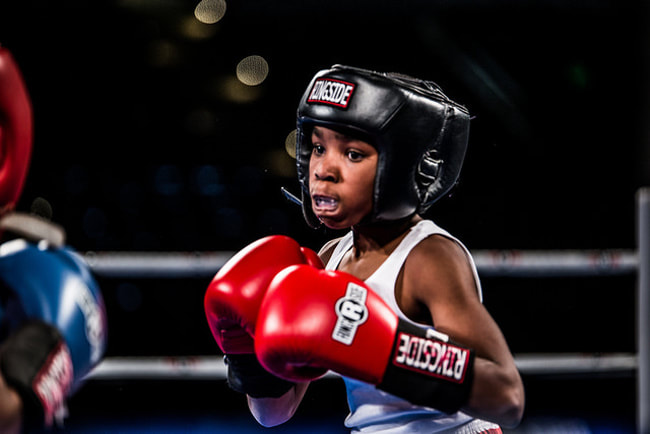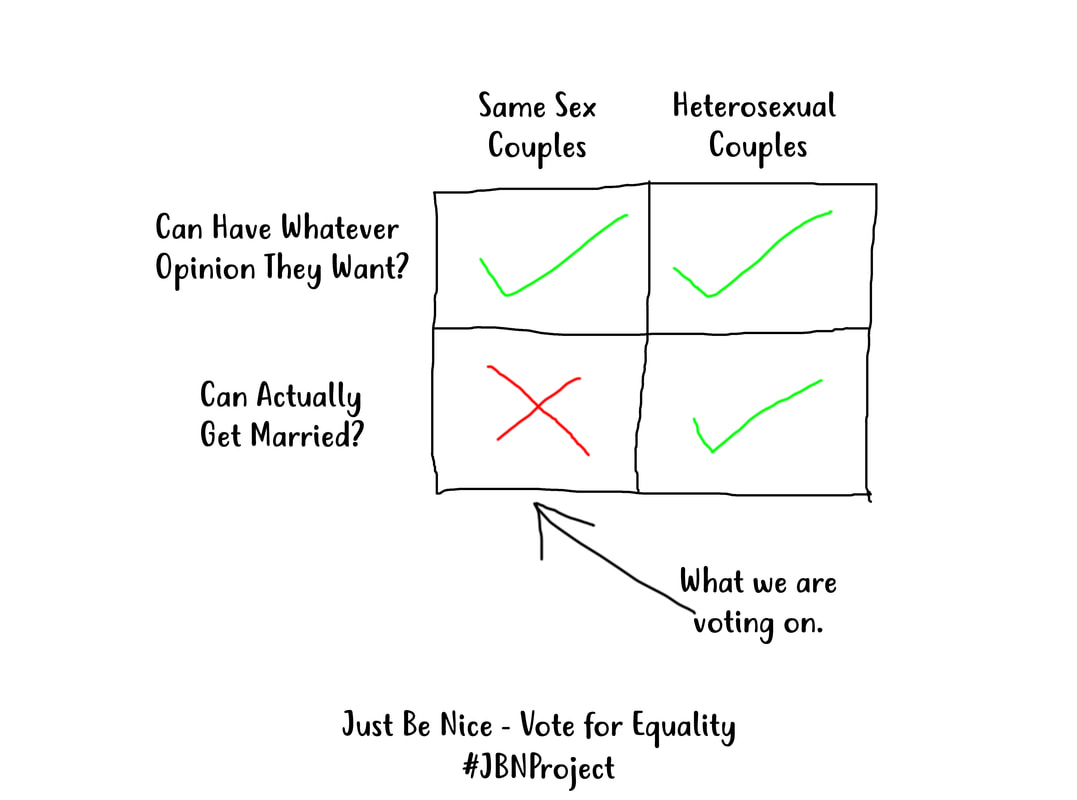|
Effort Equals Improvement.
Effort equals improvement. It is a lesson that I have long believed to be one of the most important fundamental building blocks of not only success, but achievement in any aspect of life. Working with at-risk youth, or even adults that come from a disadvantaged background, it is a lesson that all too often has been left out of their development. Given the incomplete nature of the educational and character development of individuals that grow up lacking opportunity, this is not a big surprise. It is however, a shocking surprise to see how few post-disadvantage programs address this fundamental developmental issue. Teaching the correlation between effort and improvement takes two things… Effort and improvement. You have to provide an interesting avenue to young people to engage them in an activity, any activity, that allows them to begin the process of improving through concentrated effort. It might be boxing, it might be dancing, basketball, reading, maths or cooking. It doesn’t matter what the activity is, as long as it is interesting and can improve with concentrated, guided effort over time. In all honesty, we have attracted young men to boxing programs because they come in looking for ways to be better at fighting. Sure, we aren’t really trying to equip disengaged youth with better skills to go out and fight each other, but they will not improve at anything unless they are interested in it. Once they are interested in improving, they have to put in the work. Even in resource-rich environments, working on tasks, skills and activities that you are interested in is easier than working on projects that you struggle to relate to. Once you have been putting in the work for a while, you will start to notice improvement. We are not looking for the next Jeff Horn, Jeff Fenech or Jeff Harding, (or any boxing world champions in particular) we are looking to actively engage youth in a process of learning what they are capable of with support and effort. A side-effect of having put in work into something you are interested in, is that you are now invested in the process. Once you are invested, then as educators, supporters and mentors, we are able to help these individuals see the value of investing in other opportunities. We can use their investment as a means to help show that there can be consequences for their actions in a way that is not simply punishing them, but supporting them with consequences. A classic example is the young man that trains hard in the gym, his boxing improves, his discipline gets better, his temper from day-to-day cools and he is invested in the process of being coached and improving his boxing. He then makes a mistake. Fighting at school, missing training, not doing his school work etc. Now we don’t ban this young man from training, we don’t tell him that he is no-good and doesn’t deserve these opportunities. We take him to the side and tell him that for the next week, he will be relegated to watching others train, mopping the floor and helping the coach. He will be learning, he will add value, but he will miss out on improving on his own skills fully. This is a tale that has saved countless young people across the world, young people who lacked the opportunity to care enough about something for long enough to understand that being your best at everything, is the only way to potentially be the best at anything. Working with an individual that understands, believes and has experienced effort equals improvement, we are able to turn their effort to almost any task. Whether it be vocational, educational or in relationships, with guided effort you can improve to be the best you can be at any given thing at all. In communities where the correlations between scholastic improvement and employment outcomes are not so easy to see, playground skills can be a great gateway to the interest of at-risk youth. Boxing, backflips, free-throws, rapping and breakdancing can be the interest hook that starts moulding these young people into understanding that to improve, they need to embrace guidance and hard work. Note that it is not arbitrary hard work, it is guided. Teachers, coaches, parents, uncles, aunties, youth workers and anyone who has connections to these individuals can take up the mantle of helping to guide their effort in the right direction for maximum returns. This provides a two-fold benefit, firstly they learn the all-important lesson of effort = improvement, secondly they are exposed to the long-term support of someone being invested in them. Caring enough to help someone progress is one of the biggest triggers for change in people who lack opportunity. These interventions need to be long-term. Short-term programs find it hard to change the attitudes of people that otherwise have defaulted to their basic human natures of finding the path of least resistance and focusing on self-preservation rather than self-improvement. Long-term programs that focus on individual improvement rather than arbitrary outcomes are the most effective way to ensure at-risk communities become functioning, active participants in school, workplaces and their communities. While it’s not imperative that young people direct the outcomes of their learning, they can certainly direct their interests. Through effective long-term engagement via interesting projects and skill development, we can change the entire life-time potential for youth and young adults from marginalised communities. Long-term effort for improvement applies to those attempting to change the fortunes of those less fortunate. Just Be There, Just Pay Attention and of course Just Be Nice. Just Be Nice Project Founder - Josh Reid Jones
We are in the midst of a Marriage Law Postal Survey at the moment, being given the option to vote on whether Same Sex Couples should be allowed to marry in Australia.
This weekend, the Coalition for Marriage held a conference in which the topic of same-sex marriage equality was twisted into a tirade on the future effects of freedom of opinion or speech if we allow same sex marriage equality. We have decided to draw a graph illustrating what we are actually discussing in the SSM (Same Sex Marriage) debate. Equality of Opportunity means, everyone has the same options ahead of them, that they are able to pursue outcomes with an equal footing from where they start. Now, there is equality of opportunity surrounding your ability to have whatever opinion you might care to have. The vote will not change your right to disagree with same sex marriage, or heterosexual marriage, or global warming. If you choose to have an opinion about any of these matters, you are free to do so. What we are actually being asked to give our opinions on, is whether or not same-sex couples should be afforded equal RIGHTS. Rights that are already available to heterosexual couples and are currently only denied to same sex couples based on their sexuality. Not on whether or not they are fit to be in a relationship, make independent grown up decisions or have great hair. It is simply because they are in relationships with people of the same sex. This is not the beginning of a decline into polygamy, or people marrying animals, or religious fundamentalists who don't like same sex marriage being locked up for their opinions. It is about simply providing equality of opportunity to an institution that already exists in Australia right now. At the Just Be Nice Project we strongly support a Yes to equality of opportunity, a Yes to same-sex marriage, and of course a yes to people to have their own opinions. We believe that if you are of the 'No' persuasion, perhaps refrain from voting. You are not voting for a right to your own opinion (as you can see from the graph, you already have that), you are actively voting against equal rights for people who have had to have the viability of their relationships debated in an open forum, by people who aren't even in those relationships. Look after each other, vote yes, and as always, Just Be Nice. Collaboration: the action of working with someone to produce something. At the Just Be Nice Project collaboration isn't simply an aim, its a method. Helping people, help people. It was our pleasure to assist with the Little Dreamers Australian Gala in August, with Just Be Nice Project Founder Josh taking on the role of MC for the evening. We are thrilled to have been a small part of an evening that raised $26,000 for the support of young carers and special siblings in Australia. For more information on Little Dreamers, feel free to check them out HERE. If you, or your organisation is looking for ways to Just Be Nice, get in touch! We'd love to work with you! |
Just Be NiceA collection of articles relevant to pursuing the effective execution of altruism in the search for equality of opportunity. Archives
February 2020
Topics
All
|


 RSS Feed
RSS Feed